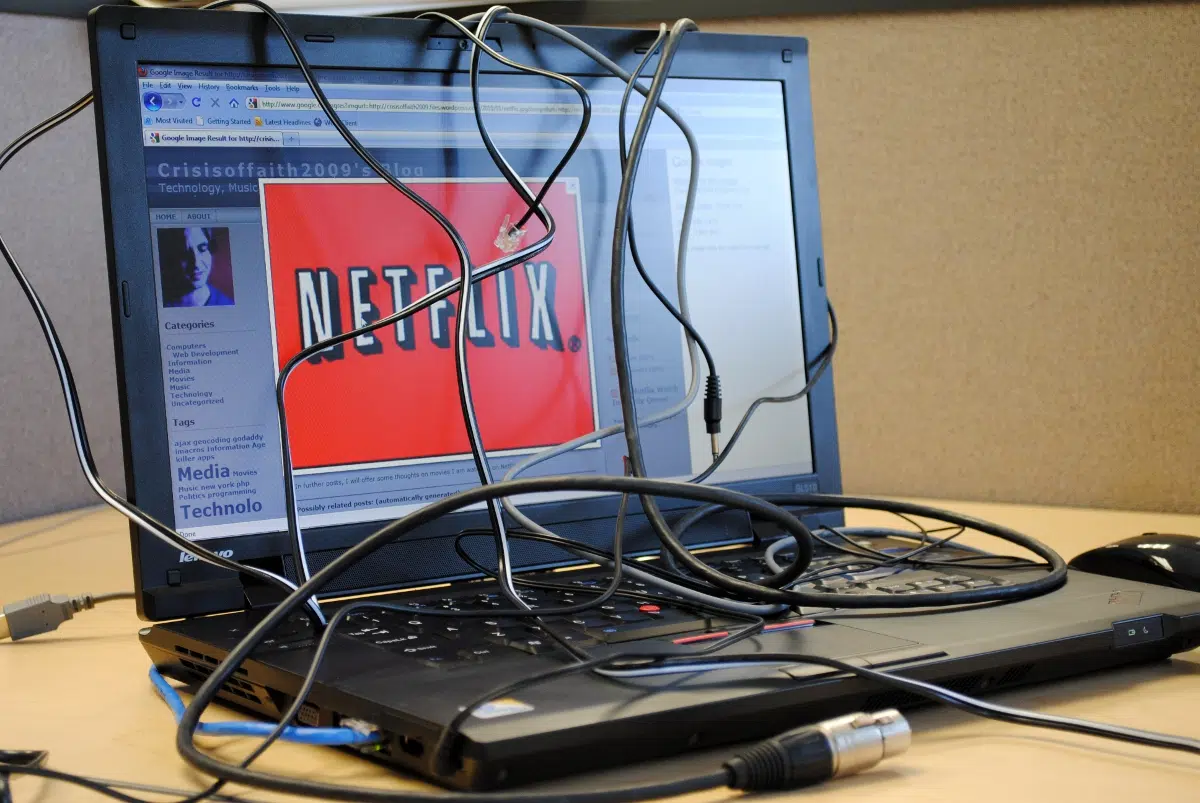
Unlimited Internet could be on the way out
A local business is watching discussions at the Canadian Radio-television and Telecommunications Commission carefully.
A usage-based billing decision could change plans for local internet service provider iNET 2000.
Todd Chamberlain, the owner of iNet 2000, said if the CRTC’s usage-based billing decision isn’t reversed then his business model is going to have to change dramatically.
“We’ve built our company on the idea of unlimited internet, we don’t cap or metre our customers,” he said.
If the internet service provider (ISP) that iNet 2000 buys their bandwidth from starts charging per byte, like a new CRTC policy indicates, Chamberlain said his company is going to have to start charging their customers per byte as well.


